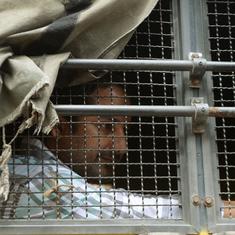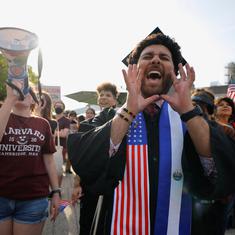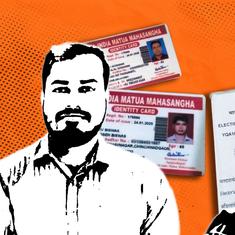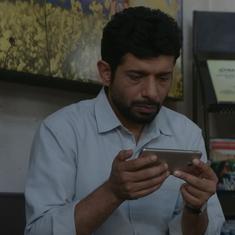Three weeks ago, Sajid Ansari got a break from prison life for the first time in 19 years – he was granted parole so his wife could get medical treatment.
Ansari had been sentenced to life imprisonment a decade ago by a special court that found him guilty in the 2006 Mumbai serial bomb blasts case.
On Monday, as Ansari watched the proceedings of the Bombay High Court online from his home in Mumbai’s Mira Road neighbourhood, he expected to be sent back to the Nashik Central Jail soon.
But as the court acquitted him and 11 others of all charges, the 48-year-old was left with a rare feeling. “I am suddenly a free man,” he said.
In 2006, Ansari was 29. He ran a mobile repair store and an institute to train people in mobile repair and computer networks in Mira Road.
At the time, he had two cases against him because of his claimed involvement with the banned group, the Students’ Islamic Movement of India.
Every time a communal incident occurred or when a festival came up, Ansari would be picked up by the police and detained illegally for a few days, he said. The police called it preventive detention. “But eventually they would release me,” he said.
On July 11, 2006, seven bomb blasts rocked suburban trains in Mumbai, killing 189 people and injuring 824.
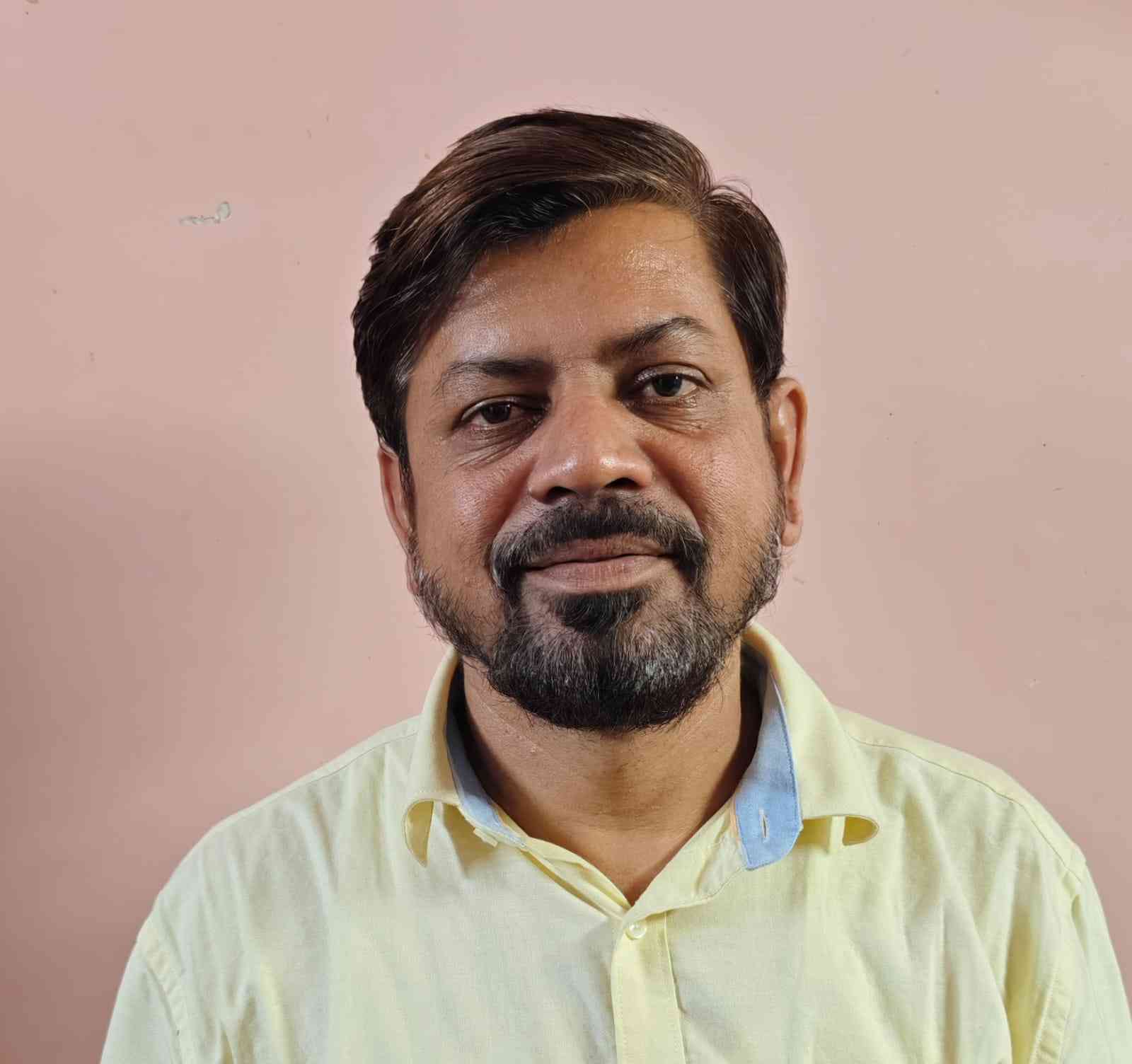
Ansari was detained by the police soon after – and not released from custody. He was charged with procuring timers for the bombs, assembling the explosives and of harbouring two Pakistanis. “Our family was devastated,” his brother Khalid Ansari told Scroll.
Ansari’s wife was pregnant. Three months after his arrest, their daughter was born. In the last 19 years, he has met his daughter in courtrooms or on video calls. “I never really got to know her,” he said. His daughter, now 19, is studying for a Bachelor’s degree.
In 2015, a special court under the Maharashtra Control of Organised Crime Act sentenced Ansari and six others to life imprisonment. Five of the accused – Kamal Ansari, Mohammad Faisal Ataur Rahman Shaikh, Ehtesham Qutubuddin Siddiqui, Naveed Hussain Khan and Asif Khan – were sentenced to death.
“I knew, my family knew, and even the police knew that I was innocent,” Ansari said. “I knew my time in jail would be prolonged. But I was sure I would get released. My brothers did not stop supporting me.”
But Ansari knows he cannot simply pick up the pieces of his old life or return to his mobile shop. “I can’t even operate a phone now,” he said. “The technology has changed, the software has changed. I don’t know if I can do it any more.”
Two years ago, he enrolled in an undergraduate law course. “Maybe I will work in this field now,” he said. “Everybody should know about the law. If I knew my rights, I would have fought my case better.”
‘My father was taken away from me’
While Ansari lived to taste freedom, Bihar native Kamal Ansari was not as fortunate.
In 2021, Kamal Ansari died in the Nagpur Central Jail, after having contracted Covid.
His son Abdullah Ansari told Scroll that he was six years old when he saw his father being whisked away by the police from their home in Bihar’s Madhubani district on charges of planting a bomb in a train in Mumbai.
“But my father had never visited Mumbai,” Abdullah said. “He was in Nepal at the time of the blast.”
His father worked as a tailor in Madhubani, on the India-Nepal border, besides doing odd jobs. He often visited Nepal for work. The police accused him of receiving arms training in Pakistan and helping two Pakistani militants cross the Indo-Nepal border.
When the police arrested Kamal Ansari, the family lost its breadwinner. “I began to work at an early age,” said Abdullah, who is the eldest of four siblings. Neighbours and relatives supported the family but his mother still struggled to make ends meet.
The family was too poor to afford travel to meet Kamal Ansari, who was moved from Mumbai to the Nagpur prison. Abdullah last met his father in 2017. His father’s final years were spent in misery, he told Scroll.
After Kamal Ansari’s death, his wife kept following the case in the hope that his name would be cleared.
On Monday, when the two-judge bench pronounced him innocent, Abdullah Ansari said, “The verdict proves how his life was spent rotting in jail. My father was taken away from me. And he was not even guilty.”
‘Adulthood wasted in jail’
In 2006, Asif Khan was 32 years old with three children and a job as a civil engineer with a construction company.
But his life transformed when Khan was accused of planting a bomb on a train in Borivali, of procuring pressure cookers for bombs and of harbouring Pakistani terrorists in Mira Road.
Nine years later, Khan was sentenced to death by the special court. He was then moved to Phansi Yard in Pune’s Yerwada prison, a high- security wing for those on death row.
“His entire adulthood has been wasted in jail,” said his brother Anis Ahmed.
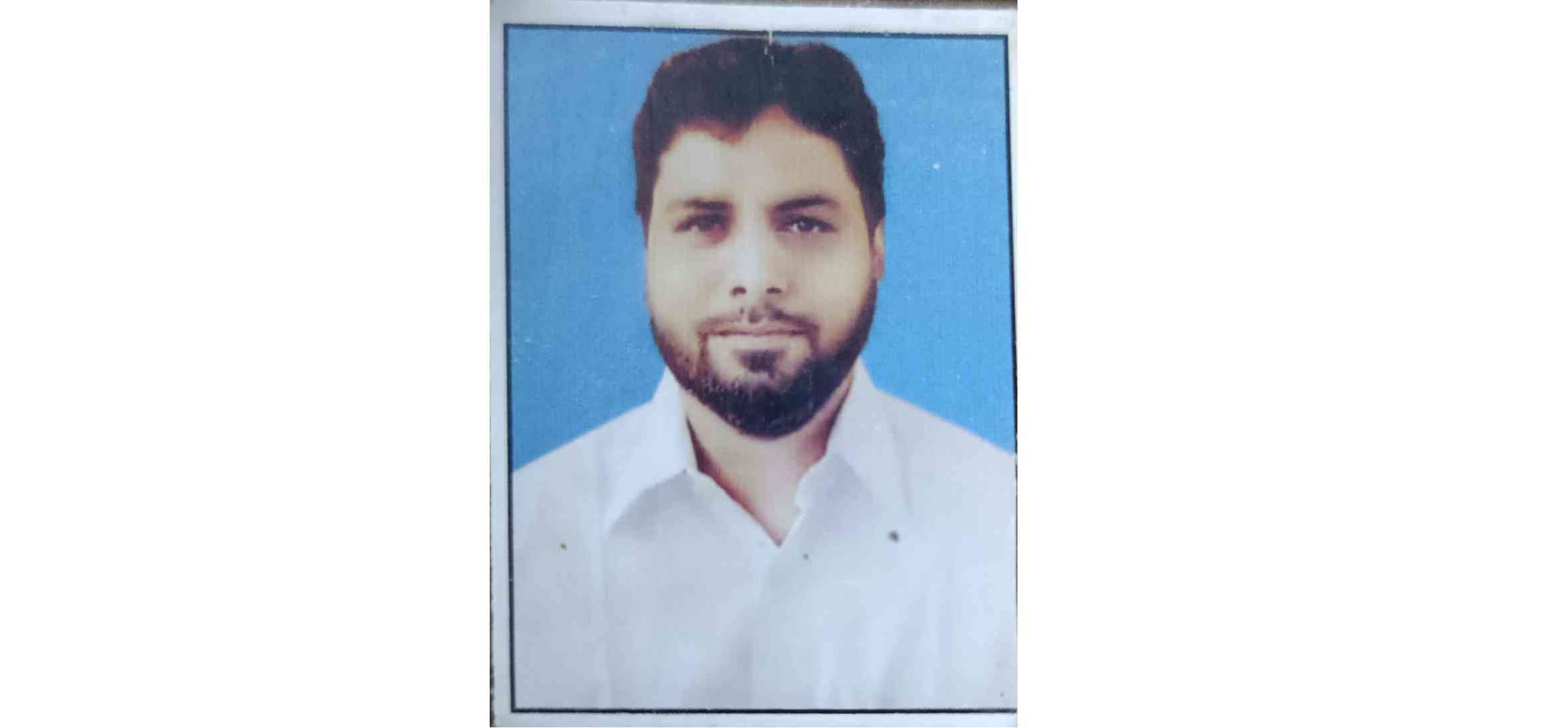
After his arrest, his wife moved back to Jalgaon to live with his family. “They faced a lot of problems,” Ahmed said. “But the community supported us. They did not stigmatise us. Some people helped his children get educated.”
In Pune, Khan read the Quran, prayed regularly and fasted during Ramzan. “He had faith in god. Even on death row he did not lose hope,” Ahmed said, as he prepared to travel from Jalgaon to Pune to receive his brother. “This is the first time he will step out of jail in 19 years.”
Family stigmatised
In Mumbai’s poorest slum settlement, Shivaji Nagar, Mohammed Ali was accused of bringing in over a dozen terrorists to make bombs in pressure cookers in his 120 square-foot hutment.
“Look at our home, a dozen men won’t even fit in,” said Farzana, the oldest of Ali’s four children, waving her hand around the tiny room where five women sat huddled, in celebratory mood after the judgement. Ali, now 55, lost his parents and brother while he was in prison and was not able to attend their funerals.
Before his arrest, Ali used to sell medicines to Unani doctors in Mumbai. He was religious, prayed on time and had once opposed a video parlour in the neighbourhood that offered to show pornography. The incident made him famous in the neighbourhood for a while, said Farzana.
When Ali was arrested in 2006, Farzana was in class 7. She had to abandon her studies soon after, said Ali’s wife Syeedun Nisa. She said the police would visit their home even after he was arrested to verbally abuse her. “They would call me wife of a terrorist,” said Nisa.
Ruksana Shaikh, Ali’s sister, said that after her brother was arrested, the police had come home and taken away their pressure cooker and a bag of cement. “They said the bomb was made in our pressure cooker and that the barood [explosives] to make the bomb was found in our house,” said Shaikh. “I had just cooked chana in that cooker when they asked me to hand it over.”
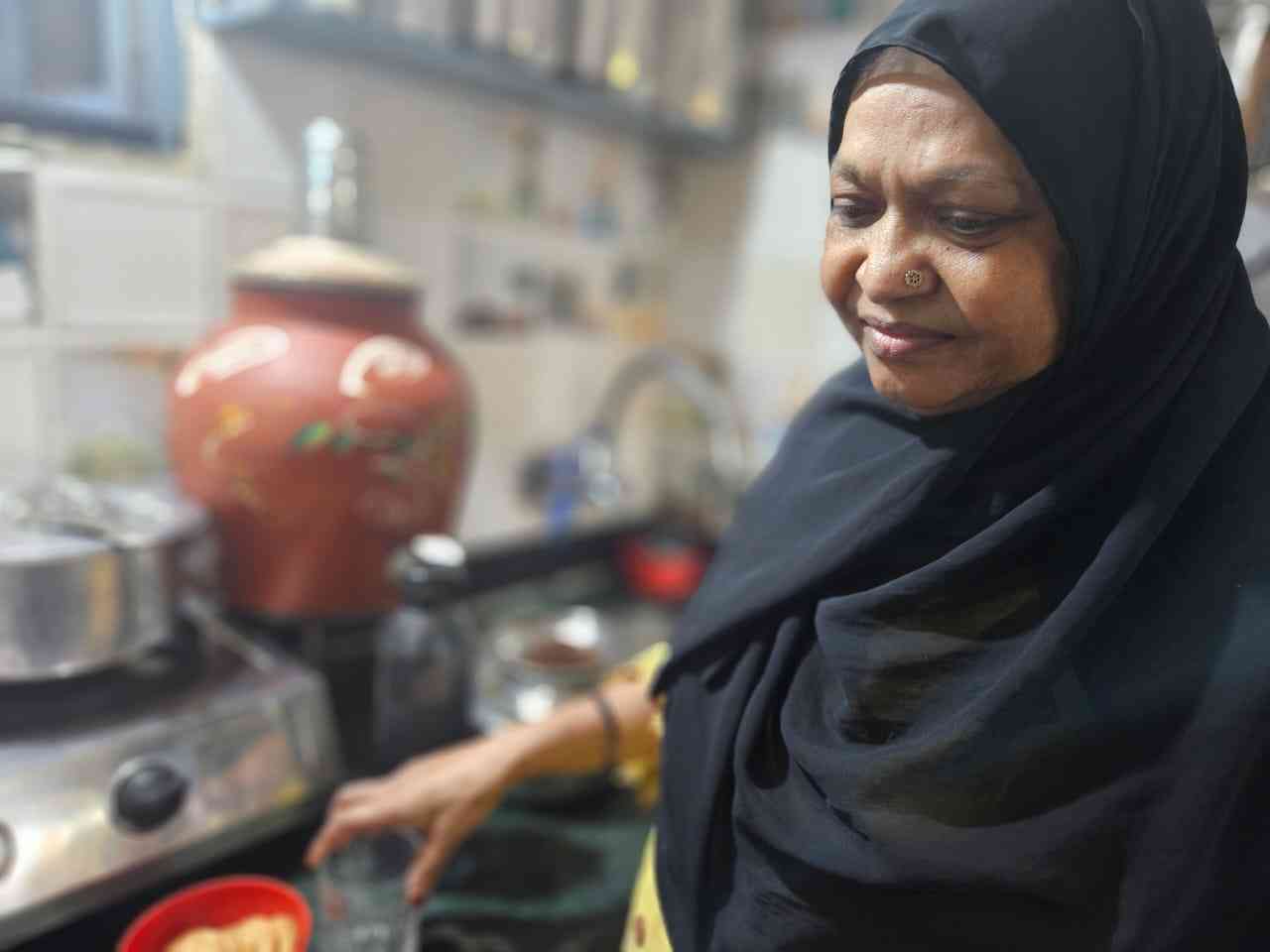
Ali’s son, Mohammed Sohail, said none of the siblings could pursue lives or careers they had dreamt of. “Our life was a struggle without our father,” he said. Sohail, the sole breadwinner of the family, works with a private firm.
Farzana lost out on wedding proposals too, said Nisa. “When we would tell families about her father, they would not want to take the discussion forward,” she said.
Sohail, who has followed the trial closely, said his father was forced to confess to the crime. “The special court based its judgement on the confession,” he said.
The police never submitted call data records because that would prove that none of the accused were at the blast location, said Sohail.
“They could not prove that a dozen men gathered at our home to make bomb,” said Sohail. “If so many men came, the neighbours would surely know. Look at how close the hutments are.”
The entire neighbourhood stood in our support all these years, he said.
When the family petitioned the High Court against the special court’s order and the trial began, they grew hopeful. Sunday night before the High Court verdict was tense. “I prayed the entire night hoping for a favourable judgement,” said Nisa, as she prepared a bag for Sohail to carry with him to Nagpur where his father is imprisoned.

